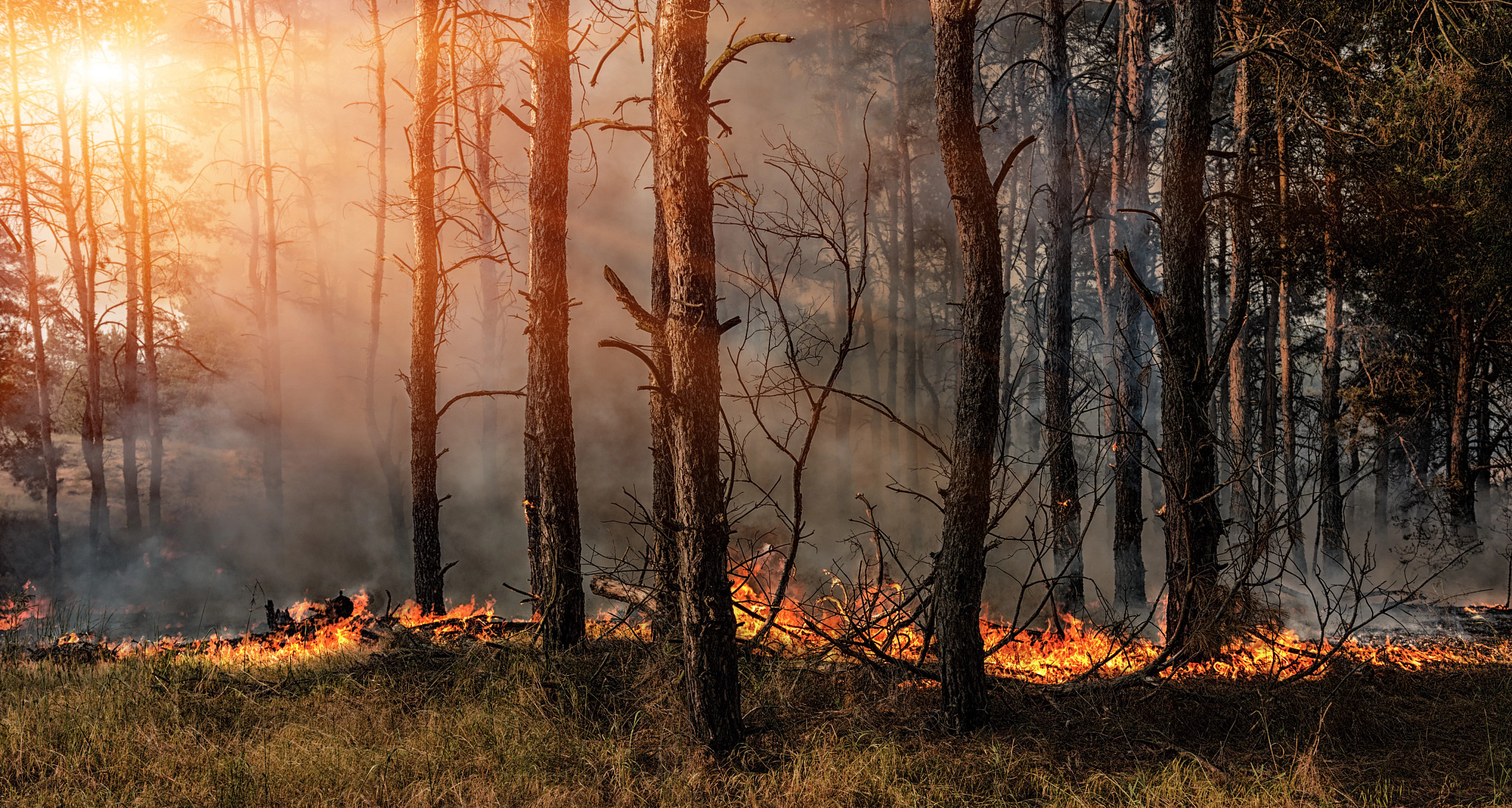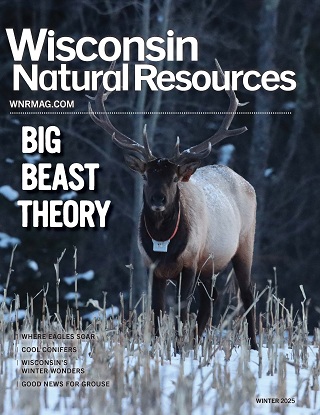Contact: DNR Office of Communications
DNRPress@wisconsin.gov
Reminder: Wildfire Season Underway
Plan Ahead To Get Burning Permit
 Be Fire Smart: Get your free DNR burning permit now.
Photo credit: iStock/Yelantsevv
Be Fire Smart: Get your free DNR burning permit now.
Photo credit: iStock/Yelantsevv
MADISON, Wis. – With Wisconsin wildfire season underway, the Wisconsin Department of Natural Resources (DNR) reminds Wisconsinites to be fire smart this spring and get their free DNR annual burning permit.
While spring is always much-welcomed after Wisconsin’s long winters, seasonal warm and dry conditions can result in increased wildfire activity.
Unlike out west, the spring is the most dangerous time for wildfires in Wisconsin. After the snow melts and before plants, trees and grass turn green, fires can spread quickly.
Debris burning is the leading cause of Wisconsin’s wildfires. The 2021 fire season follows a winter with below-normal snow depths. The DNR’s fire control officials are focusing on the potential for statewide fire activity as the snow is rapidly melting at the same time.
“Fires caused by careless burning become more frequent this time of year,” said Kirby Dernovsek, a DNR Forest Ranger based at the Minong Ranger Station in Washburn County. “Before deciding to burn a debris pile on your property, consider composting yard waste or hauling it to an approved disposal site. Burning debris should always be the last alternative.”
Wildfires can happen just about any time of the year, but historically, 60% of all annual wildfires in Wisconsin occur in March, April and May alone.
The DNR suspended all burning permits throughout spring 2020, Wisconsin’s peak for wildfires, due to increased safety concerns resulting from COVID-19. This year, the DNR plans to suspend burning based on wildfire risk. However, to promote social distancing, burning permits are not being issued in-person by Emergency Fire Wardens or at DNR service centers.
Burning permits are required in DNR Protection Areas once the snow cover is gone. Permit holders are authorized to burn vegetative materials, such as leaves, brush and needles so that burning is done safely with minimal wildfire risk.
“Learn before you burn,” Kirby said. “Always check the daily fire restrictions each day before you burn.”
DNR burning permits are free and can be obtained online and instantly emailed or issued over the phone and delivered by the Postal Service within three to five business days. Get your annual DNR burning permit by completing the online application here or by calling 1-888-WIS-BURN (947-2876).
Once an individual has a burning permit, remember to check the fire restrictions in the appropriate county after 11 a.m. each day before burning, including the legal burning hours, size limitations or if burning is suspended for the day. Small campfires for warming or cooking do not require a burning permit.
Because the DNR does not regulate all areas across the state, it’s essential to check with local municipal or fire department officials for any ordinances or other burning restrictions.
More information on burning permits, fire danger and preparing for wildfires around your home and property is available on the DNR’s burning restrictions webpage.

